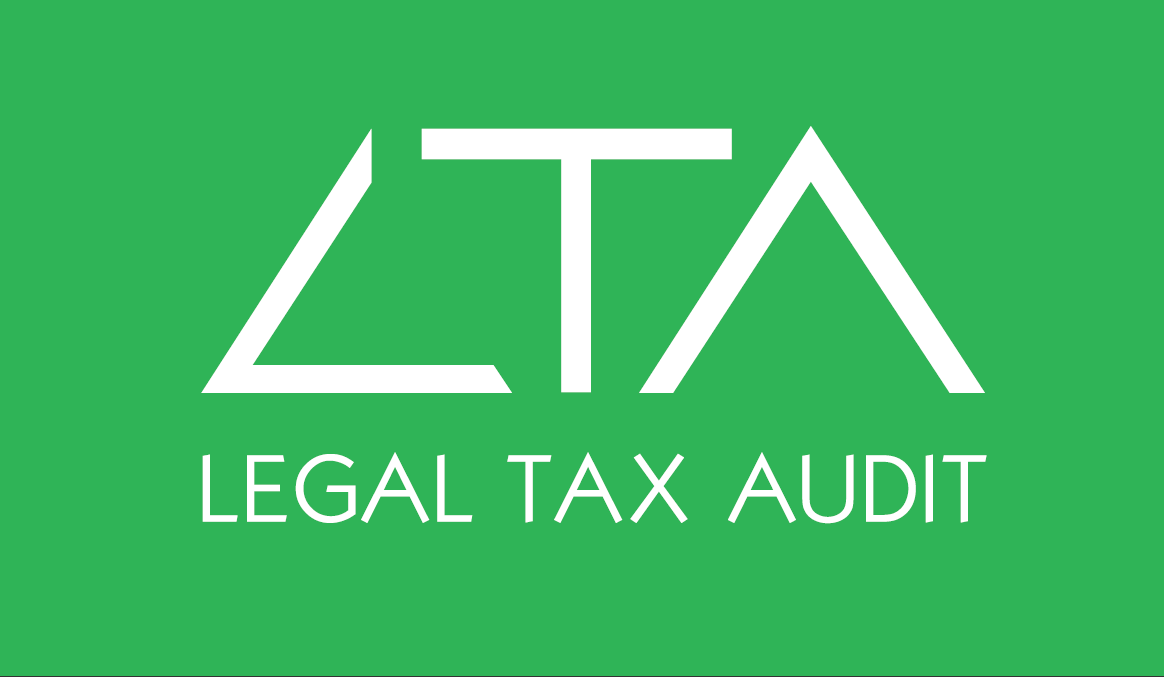In connection with last year’s amendment to the Labour Code, which made it compulsory for remote workers to have a written agreement on the performance of such work, questions have arisen in practice as to when it is actually “remote work”. A typical example is the situation of sales representatives who, as part of their work, visit individual customers and travel mainly from home. Similarly, service technicians and other professions who spend a large part of their working time away from the employer’s premises may also be a similar case. Is it necessary to enter into a remote work agreement with these employees as well?
Generally, the employee performs work either at the employer’s workplace or at another agreed location. The employer’s place of work can be simplistically understood as a place of work which is under the employer’s control in some way – and this place of work includes the place of work during the employee’s business trip, to which the employer sends the employee and determines the conditions of the trip. It is only if both parties agree that the work will also be carried out at an ‘other agreed place’ that it is remote work with a mandatory agreement.
Therefore, the performance of work on a business trip is not the performance of remote work and there is no need to conclude a written agreement on the performance of remote work pursuant to Section 317 of the Labour Code. But beware – when sales representatives travel for work, it is common that in connection with their work they need to deal with other administrative matters beyond the direct business activity. If the representative does not carry out these activities exclusively from the employer’s office, but typically before or after the business trip from his home, or uses the customer’s premises for this purpose, it will already be remote work under Section 317 of the Labour Code.
It is therefore important to remember: if an employee, even sporadically or randomly, performs work from somewhere other than the employer’s workplace and it is not a business trip, it is necessary to have a written remote work agreement. This is not only because the law prescribes it, but also in order to resolve the right to compensation for remote working – it can be agreed in the agreement that the employee is not entitled to any compensation. Otherwise, without such an agreement, the employee is entitled to compensation and can claim it up to three years in arrears.
Are you interested in other aspects of remote work? Have you considered using lump sum compensation for remote working and are unsure about its tax treatment? If you have any questions, do not hesitate to contact our employment law team led by Alice Mlýnková. Our tax and accounting advisors, including LTA Tax partner Robert Koleňák, are also at your disposal.


 Čeština
Čeština Deutsch
Deutsch